These 2 Music Business Inventions Will Blow Your Mind
The music business will settle out of this massive ma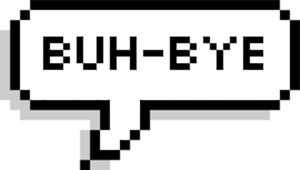 rket disruption in the same way that EVERY other industry has. The creators will do business directly with the end-users.
rket disruption in the same way that EVERY other industry has. The creators will do business directly with the end-users.
The future of the music industry, whether you like it or not, is 1-to-1.
Buh-bye distribution.
Right now, all artists & labels go through a third-party distribution service like iTunes, Pandora, Spotify, etc. who are NOT sharing the fan’s contact information.
Oh, and they’re taking an exorbitant amount of money for this service ranging from 30% to damn near all of it.
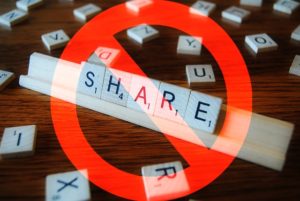
Distribution as we know it will either disappear completely or be significantly repurposed.
What do I mean by “repurposed�
Imagine every artist with their own music app. Imagine the app is initially free like a video game but requires the consumer pass through “pay walls†to get to new levels. You navigate the paywalls with a “BUY NOW†button or watch a commercial, just like Spotify.
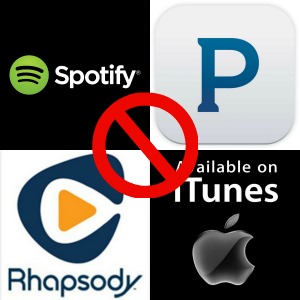 When the industry embraces this reality the creator’s revenue will increase as high as 170x. Take what you made last year from your streams and downloads and multiply that by 170.
When the industry embraces this reality the creator’s revenue will increase as high as 170x. Take what you made last year from your streams and downloads and multiply that by 170.
What would the difference on your bottom line look like with this increase?
Indie artists will play the role of the “guinea pigs†and work out the kinks in the software. Then the iconic multi-million-dollar brand names will make these technologies ubiquitous.
I know this, again, because it’s happened in every other industry in the wake of the internet.
Now, you may say to yourself, “The music industry must be different otherwise we would have already adapted like ‘all these other industries’â€.
The music business endured some significant damage directly related to the internet, but we were still selling records initially. Tens of millions of records in 2004-2008 (post-Napster). This was because the delivery mechanism of choice for music was terrestrial radio. Terrestrial radio was working just fine up until June 29, 2007.
That’s when the iPhone was introduced.
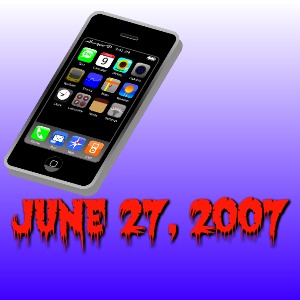
The industry was taking some serious fire prior to this date, but the iPhone really broke the dam wide open and sales plummeted.
Most people are now receiving their information (thus becoming aware of new artists) through their smartphone. Therefore, marketing must be crafted to be effective in a 1-on-1 exchange as opposed to a mass media exchange.
The dynamics of a mass media exchange and a 1-on-1 exchange are diametrically opposite.
Here are a few emerging technologies that are going to blow your indie artist mind. They’re legit. They have massive amounts of venture capital funding to facilitate a 1-to-1 future in the music business.
Blockchain
Blockchain is a technology, not a company or brand name, that is very real but largely still developing.
 It was originally developed for the digital currency Bitcoin which has expanded to a value of over 9 billion dollars. However, the massive applications for anything of value, like music, are exploding into the marketplace.
It was originally developed for the digital currency Bitcoin which has expanded to a value of over 9 billion dollars. However, the massive applications for anything of value, like music, are exploding into the marketplace.
It’s real enough that Spotify has purchased a Blockchain entity and is currently testing it.
“The Blockchain is an incorruptible digital ledger of economic transactions that can be programmed to record not just financial transactions but virtually everything of value.†– Don & Alex Tapscott, authors Blockchain Revolution (2016)
Blockchain is also being adapted to behave as a “common server†type technology that will store the creative metadata for artists and songwriters. Creative metadata that cannot be manipulated.
Why is that important?
 Have you ever noticed that you can upload your interpretation of a cover song to YouTube and get exposure but if you do it directly to Facebook they’ll take it down?
Have you ever noticed that you can upload your interpretation of a cover song to YouTube and get exposure but if you do it directly to Facebook they’ll take it down?
This is because YouTube has a sophisticated backend technology that ensures the creators of said cover are getting paid. Facebook doesn’t.
Get it?
With Blockchain every digital platform can easily be accounted for legal payouts.
Additionally, there are tens of millions of dollars in unaccounted streaming revenue. All the streaming companies have collected the revenue but don’t have the information needed to make the payouts.
The Blockchain is on its way and the artists who have adapted NOW to begin amassing the contact data of their fans will benefit the most tomorrow.
Zedge (Formerly Freeform Development)
CEO and founder, Tim Quirk (lead singer of Too Much Joy) has really nailed it with this technology.
Zedge is a music app that will monetize your art by combining the concepts of 2 major technologies; WordPress and video games.
Are you familiar with the website platform called WordPress which powers over 37% of the internet? If you are, you know that it’s a perfect blank  canvas. You can create any kind of customer experience you like. There are 47,000 different companies and technologies that orbit around WordPress in the form of plug-ins that enhance the user experience as well as the back-end analytics for the creator. The ability to create a killer up-to-date website lies solely in your hands to do for yourself or outsource to a developer.
canvas. You can create any kind of customer experience you like. There are 47,000 different companies and technologies that orbit around WordPress in the form of plug-ins that enhance the user experience as well as the back-end analytics for the creator. The ability to create a killer up-to-date website lies solely in your hands to do for yourself or outsource to a developer.
Here’s the deal, it’s completely free to you. Most of the plug-ins are free as well. Some cost money but they are nominal amounts and well worth the price.
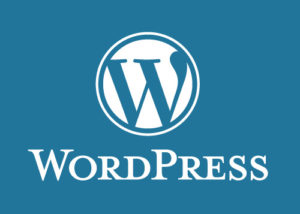
Put that concept over here for now.
The video gaming piece is fascinating conceptually. In the same amount of time it took the music industry to shrink 80% from 75 billion per year down to 15 billion per year, the video gaming industry exploded to 108 billion per year.
Mostly because they understand that “free†equals distribution. Of course, if you want to get to the second level of the game, you’ll need the magic ax which you either must purchase with a “Buy Now†button or watch a commercial to obtain.
Now, imagine that there were music apps that were free to build for the creator with complete autonomy to set up a user experience all their own.
 For instance, get the first song free but if you want to hear the rest of the record you either buy now or watch this commercial.
For instance, get the first song free but if you want to hear the rest of the record you either buy now or watch this commercial.
What about setting up a VIP level where they get exclusive content from the artist, in advance of the general public, and discounts on all merchandise? Every month the VIP subscribers would be required to pay a nominal fee or watch a commercial.
Either way, the creator gets paid directly from the end user (fan) or indirectly from the ad sponsor.
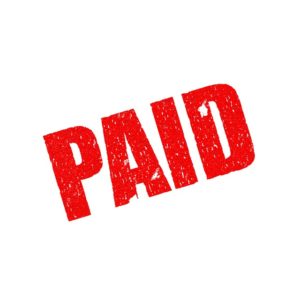
So, it would build your app like a WordPress site. there would be tons of tech companies orbiting around the app to provide improvements that enhance the user and creator experience. Also, there would be a “marketplace†where artists could add a commercial sponsor to generate revenue. Seasoned artists could easily add their current endorsement companies.
This has happened already in beta mode. Zedge has created 12 apps with brand name artists like Rob Thomas and G-Eazy to name a few. These were created for the purposes of providing “proof of concept†to the investors.
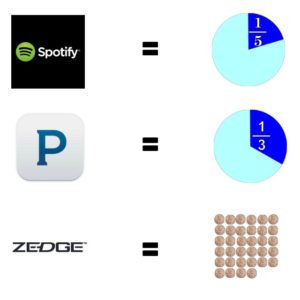 Here’s the killer takeaway.
Here’s the killer takeaway.
Average amount of revenue per spin for Spotify = 1/5 of a penny
Average amount of revenue per spin for Pandora = 1/3 of a penny
The average amount of revenue per spin for Zedge = .34 cents!!!
That’s 170 TIMES the revenue of a Spotify spin!
All the different artist apps can be housed under one icon on your phone so you don’t have clutter.
These revenue numbers are too big to ignore. When they launch this, the Taylor Swifts and U2’s of the world will have to try it out.
The indie artists with a customer list will THRIVE.
How much will they thrive, you ask? What if the financial Universe of the music industry was limited to 75 billion per year because radio was mathematically limiting? There was a finite amount of room to spin songs and thus a finite number of artists that could effectively be marketed.
But now there are no restrictions. I don’t think it’s a dream to believe that the music industry could rise from the ashes of broken radio and ascend to 150 billion per year in sales.
Just a thought.
Stay
In
Tune.

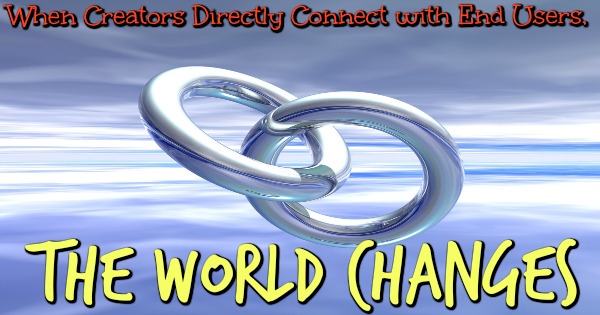

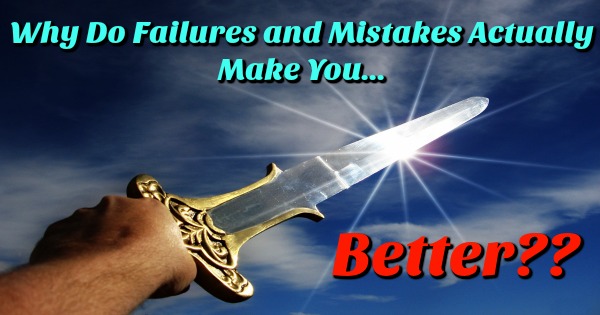
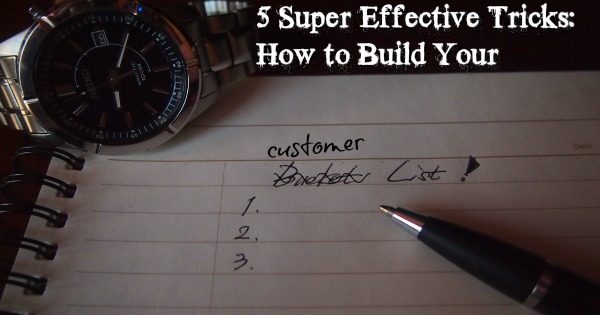
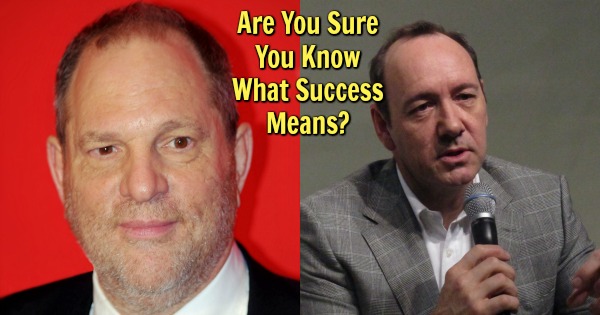
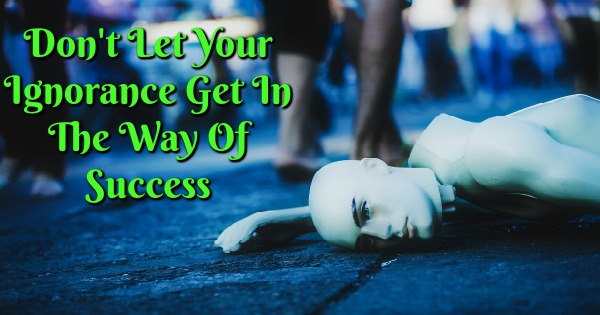
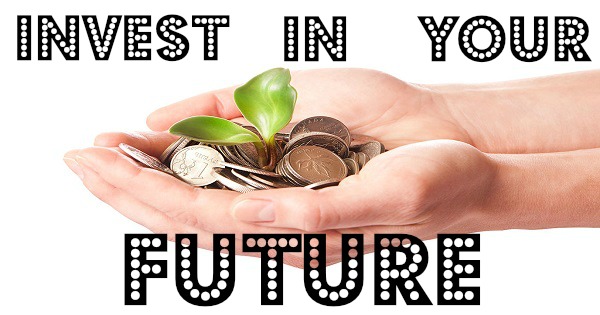
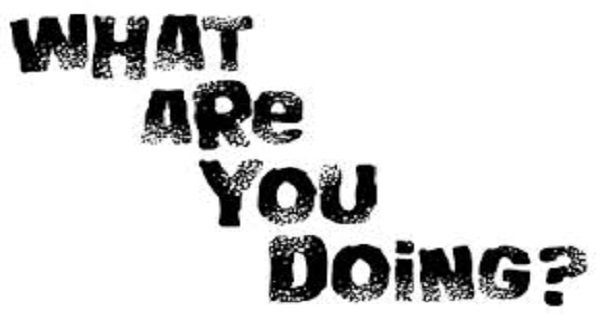


Tell Us Your Comments
Leave a Reply
Want to join the discussion?Feel free to contribute!